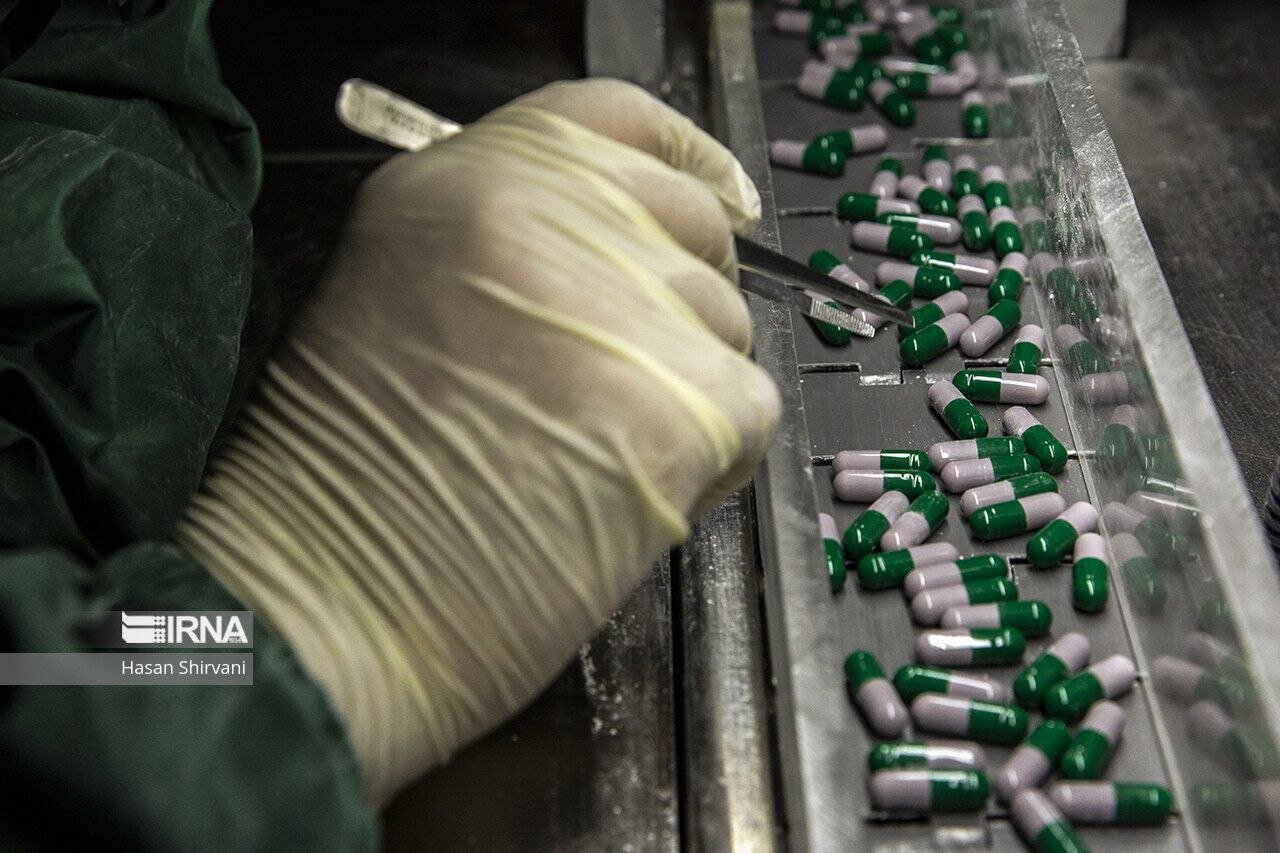'Antimicrobial resistance, a silent pandemic'

TEHRAN –Antimicrobial resistance (AMR) is one of the biggest challenges in the health sector. Known as a silent pandemic, AMR is capable of affecting the whole world in the not-too-distant future, the head of the health ministry’s division of communicable disease control has said.
AMR occurs when bacteria, viruses, fungi, and parasites change over time and no longer respond to medicines, making infections harder to treat and increasing the risk of disease spread, severe illness, and death.
Eastern Europe and the Eastern Mediterranean regions are the highest consumers of antibiotics. However, AMR makes antibiotics ineffective, IRNA quoted Qobad Moradi, as saying.
The official made the remarks on Saturday in a webinar held on the occasion of the national antimicrobial resistance week.
Quoting the World Health Organization (WHO) Moradi said that AMR is one of the top 10 global public health threats facing humanity.
It is projected that by 2050, the number of deaths caused by AMR rise to 10 million unless substantial measures are taken.
The official went on to elaborate on some of challenges caused by AMR.
Comparing the total annual deaths caused by HIV, malaria, and AMR, the official said, ‘in 2019, the number of deaths caused by AMR was far more than those by HIV and Malaria, or other diseases.
AMR forced 28 million people into poverty in 2020.
Out of about 65 effective antibiotics that were distributed from 1980 and 2009, 26 (about 43 percent) of them became ineffective, while this figure for other medicines was about 13 percent.
Since it takes 10 to 15 years and over one billion dollars to develop new antibiotics, producing novel antibiotics is slow and costly.
The official further noted that giving antibiotics to animals can spread resistance in the environment and pollute it, as well. The return of these resistant bacteria to humans (through the food cycle) would result in illnesses that are hard or even impossible to treat.
One health approach is part of general efforts to address AMR challenges. It highlights that the health of humans, animals, and the environment are closely connected. To succeed in combating AMR, the health of people, animals and the environment must be simultaneously optimized.
In 2015, Iran was the 17th country that developed an action plan to combat AMR.
The plan focuses on five basic strategies including raising public awareness, monitoring AMR consciously, reducing infections, promoting rational use of antibiotics, and providing sustainable financial resources.
National AMR week
The national antimicrobial resistance week was observed in the country from November 18 to 24 to highlight avoiding the irrational prescription of antibiotics.
The week-long campaign aimed to raise awareness among public and health workers about AMR and encourage behavior change towards the cautious use of antimicrobials and observe proper hygiene practices.
To do so, the health ministry used effective communication, education, and training programs.
Other recommended strategies included preventing infection transmission in society and in healthcare settings, strengthening surveillance systems in monitoring the level of microbial resistance and the amount of antimicrobial drug consumption, optimizing the use of antimicrobial drugs and supporting research.
AMR, global health threat
A global action plan to tackle the growing problem of resistance to antibiotics and other antimicrobial medicines was endorsed at the Sixty-eighth World Health Assembly in May 2015. It aims to galvanize global efforts to address the growing threat of AMR.
AMR poses a threat to global health, food security, and achieving the 2030 Sustainable Development Goals.
AMR puts a strain on health systems by diminishing the effectiveness of treatments, leading to prolonged illnesses and increased healthcare costs.
According to WHO, World leaders agreed on the first global targets to control the antimicrobial resistance (AMR) crisis at the second High-level Meeting on Antimicrobial Resistance of the United Nations General Assembly.
Countries committed to reducing the number of deaths globally associated with bacterial AMR by 10% by 2030 against the 2019 baseline of 4.95 million deaths.
MT/MG
